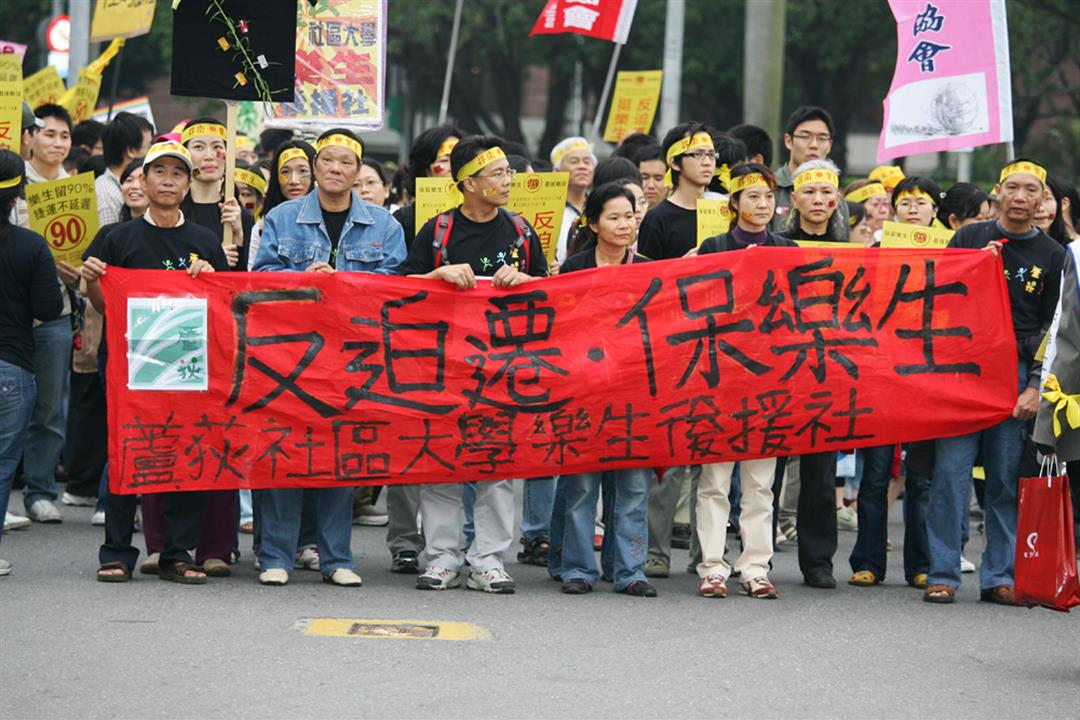Not just an abstraction
There has also been a shift in the most attention-grabbing issues in the human rights discourse. In the late 1980s, a lot of attention was devoted to women’s and children’s issues, because there was a broad consensus in society about them and the government adopted relevant legislation promptly. In recent years these issues have thus dropped out of the center of the human rights debate, and in some respects Taiwan is even ahead of the international curve on them.
Take for example the rights of children. Taiwan ranks at or near the top of the international community in school matriculation rates and inoculation rates. In fact, Taiwan’s first-ever social welfare law, passed in 1973, was the Child Welfare Law. It introduced the principle that “children are not the personal property of the parents.”
This law has gone through two major revisions over the last four decades. In 1993, it incorporated issues related to child abuse and child neglect, and the general public began to widely recognize the need to protect children in such situations. Today, it is the norm for neighbors of children who are being abused or who are left cold and hungry to report the parents so that the authorities can intervene.
In 2011 the Child Welfare Law was revised again and renamed the Protection of Children and Youths Welfare and Rights Act. The revised legislation puts special emphasis on guaranteeing the rights and interests of children and young people through pro-active preventive measures, such as early identification of high-risk families, rather than on simply passively responding to problems. The focus is now on improving the overall family environment to stop child abuse and neglect before it ever occurs.
“There has been a big increase in our society in reported cases of physical or sexual abuse of children,” notes Pong Su-hwa, a professor in the Graduate Institute of Social Work at National Taiwan Normal University, “but most people understand that this indicates progress, not deterioration, in the situation, because the high level of reporting reflects the correspondingly high level of concern now focused on children’s well-being.”
Taiwan has also made rapid progress on women’s issues, achieving equality on a variety of questions including a married woman’s right to choose her own domicile, surnames for children, and the right of a married woman to keep property in her own name. In fact, these days it is men who are getting new attention, as novel problems—how social welfare groups can help single fathers, how men can take paternity leave without affecting their career path—have arisen.

In recent years social activists in Taiwan have been appealing more and more to the language of “human rights.”